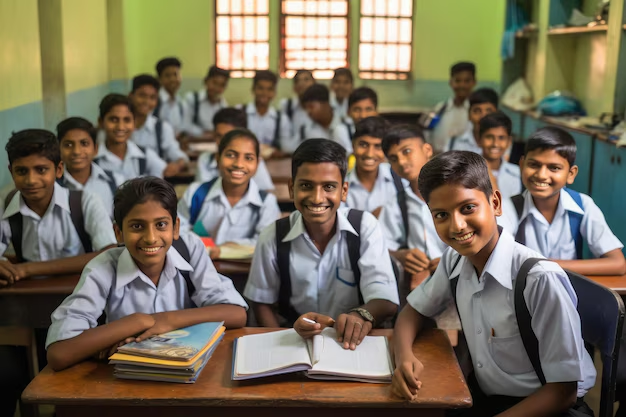
Youth and Global Equity: Driving Change for a Brighter Tomorrow
As the world grapples with the twin challenges of economic inequality and climate change, the role of youth in shaping a sustainable and equitable future is gaining unprecedented recognition. With young people comprising over 40% of the global population, their engagement is vital for driving innovative solutions to pressing global issues.
Challenges Faced by Youth
Youth in many regions, especially in Africa and Asia, continue to face significant barriers, including lack of access to quality education, healthcare, and job opportunities. The COVID-19 pandemic exacerbated these issues, leading to increased unemployment and learning gaps. According to UNESCO, over 250 million children worldwide remain out of school, with the majority living in developing countries.
Global Efforts for Empowerment
Efforts to address these challenges are gaining momentum. Programs such as the United Nations’ Generation Unlimited aim to connect young people to educational resources, skill development, and employment opportunities. Governments and non-profits are investing in initiatives like digital literacy campaigns, scholarship programs, and vocational training to prepare youth for the demands of the future workforce.
Youth Leadership in Climate Action
Young people are also at the forefront of climate activism. Movements like Fridays for Future, initiated by Greta Thunberg, demonstrate how youth voices can influence global policies. The inclusion of youth representatives in climate conferences like COP 28 underscores their growing role in advocating for sustainable development and environmental justice.
The Path Forward
For a truly equitable future, systemic changes are needed. Governments and organizations must prioritize inclusive policies that empower marginalized youth, promote gender equality, and ensure access to technology and innovation. By investing in youth today, we create a foundation for a more prosperous and sustainable tomorrow.







